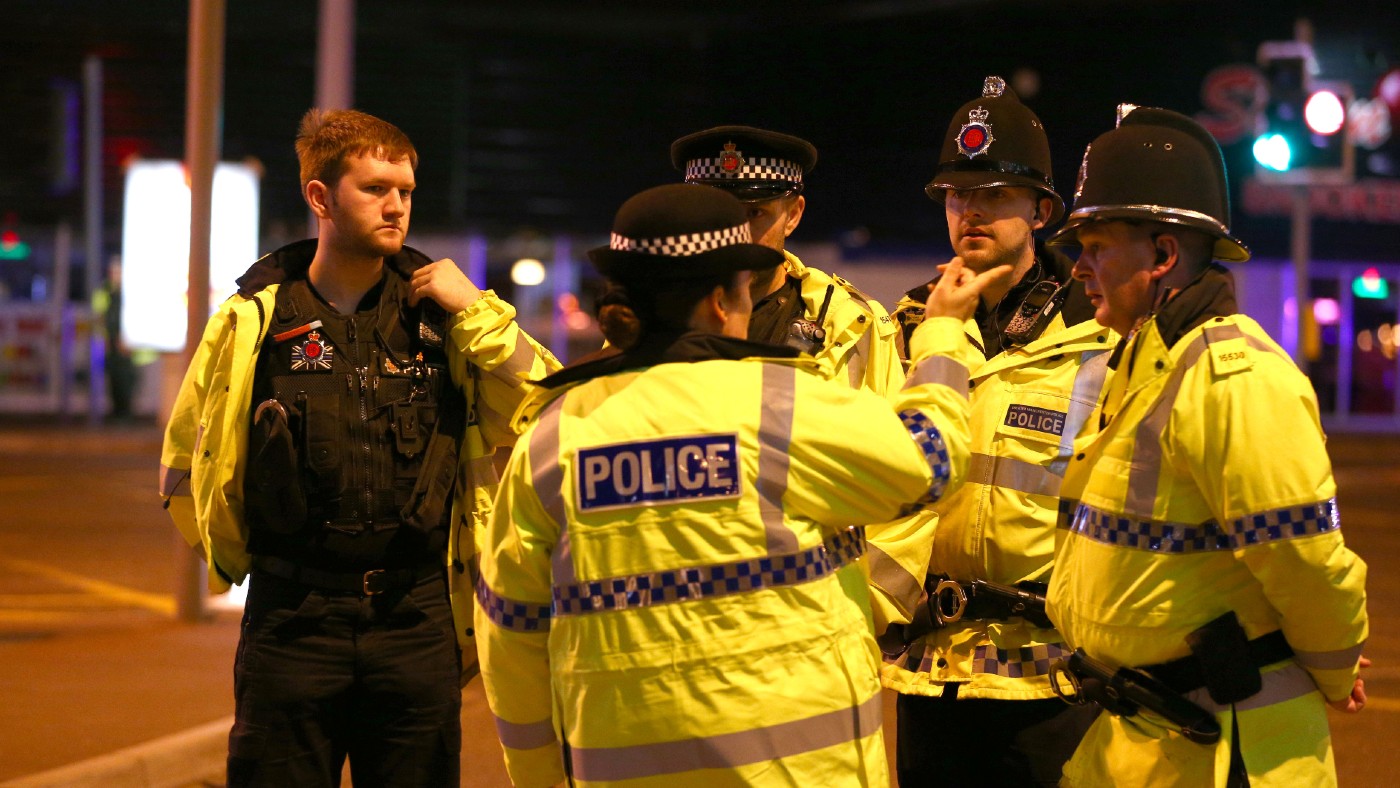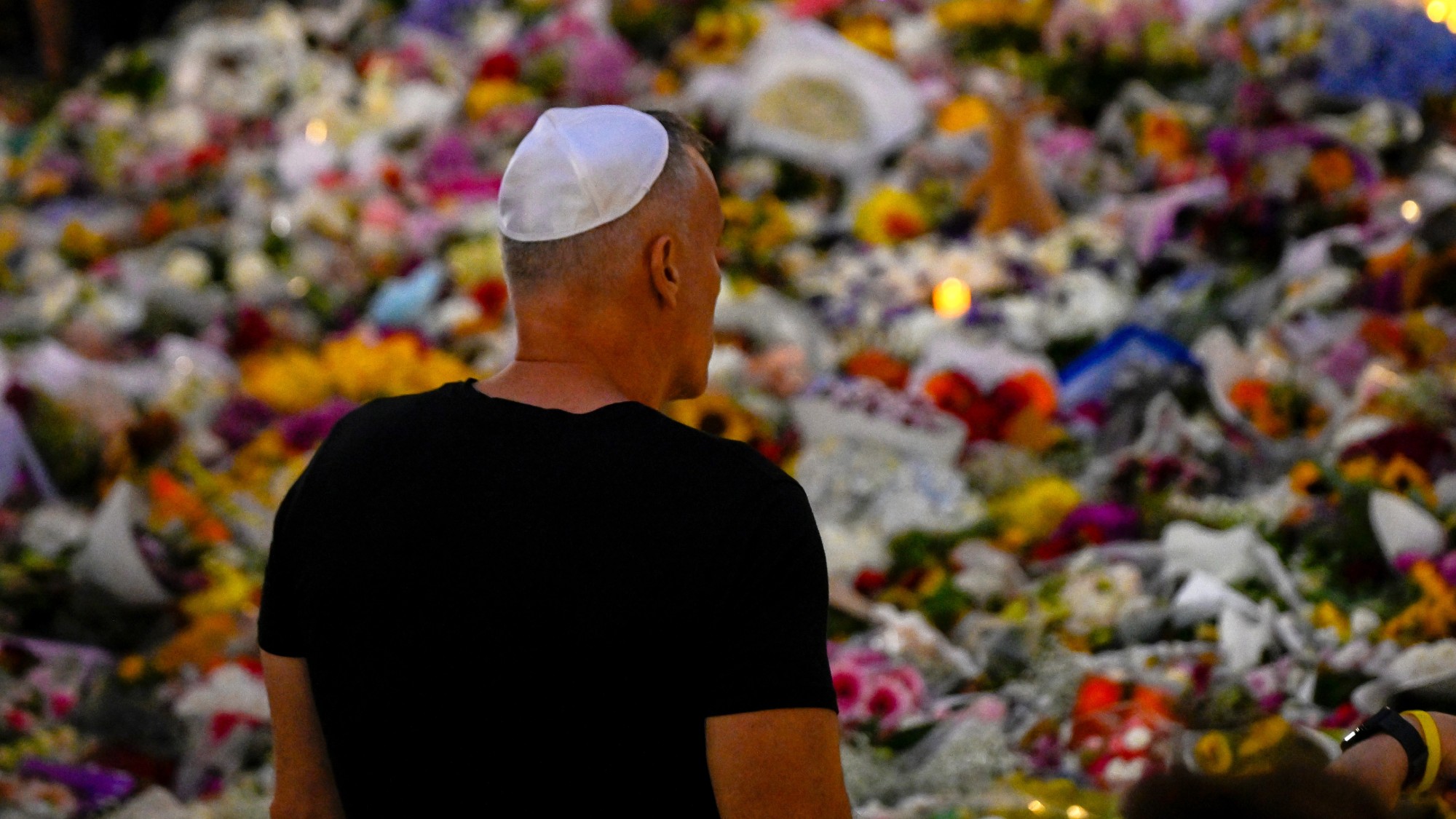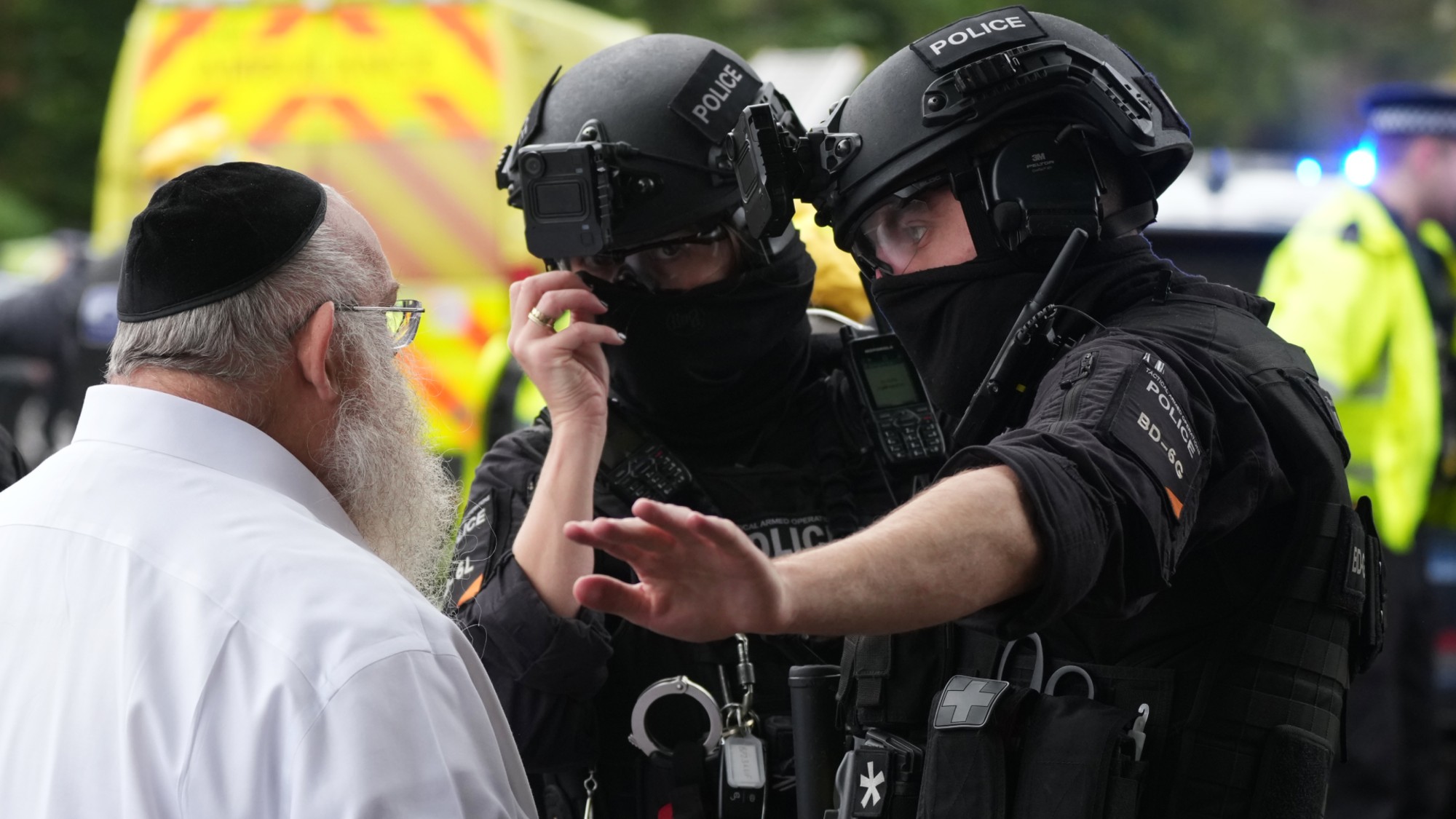Manchester bombing report exposes ‘incompetence’
Newly published findings of public inquiry into 2017 attack describe a litany of failures

A free daily email with the biggest news stories of the day – and the best features from TheWeek.com
You are now subscribed
Your newsletter sign-up was successful
John Atkinson, a 28-year-old care worker, was walking through the foyer of Manchester Arena at 10.31pm on 22 May 2017 when an Islamic State sympathiser named Salman Abedi detonated a suicide bomb. Atkinson suffered severe leg injuries, but remained conscious and talking.
Indeed, according to the newly published findings of the public inquiry into the bombing at the Ariana Grande concert, in which 22 people were killed, he would very likely have survived – were it not for the inept, slow and poorly coordinated response by Greater Manchester’s police, fire and ambulance services.
Outrageously, said Jack Hardy in The Daily Telegraph, Atkinson was not treated or even assessed by a paramedic for 47 minutes after the attack: an untrained member of the public tied a tourniquet around his leg, and eventually he was carried out of the foyer by police on a makeshift stretcher. He died in hospital soon after.
The Week
Escape your echo chamber. Get the facts behind the news, plus analysis from multiple perspectives.

Sign up for The Week's Free Newsletters
From our morning news briefing to a weekly Good News Newsletter, get the best of The Week delivered directly to your inbox.
From our morning news briefing to a weekly Good News Newsletter, get the best of The Week delivered directly to your inbox.
“In the face of mortal danger, we count on the emergency services to put their lives on the line to save others,” said the Daily Mail. Very often they prove themselves “unimaginably brave”. On this occasion, though, they “disgraced themselves” with a response of buck-passing timidity.
The excoriating 916-page report by the former judge Sir John Saunders describes a litany of failures that left scores of grievously wounded victims facing an “interminable” wait, said Jennifer Williams in the FT. The police failed to declare a major incident for 140 minutes, meaning that emergency protocols did not kick in.
Communication was poor: armed police bravely entered the foyer and declared it safe within 19 minutes of the explosion, but other services were not informed, fundamentally undermining the response. Only three paramedics attended in the first hour. Ambulance staff and firefighters were kept away by their risk-averse commanders.
Disturbingly, many of the inquiry’s findings mirror those of Lady Justice Hallett’s probe into the aftermath of the London suicide attacks of July 2005, said Fiona Hamilton in The Times. In Manchester, as in London, “individuals showed great courage”, but were let down by “poor training, chaotic communication and a basic misunderstanding of roles”.
A free daily email with the biggest news stories of the day – and the best features from TheWeek.com
The tragic repetition highlights a continued culture of “complacency and incompetence” at the highest levels of the emergency services. Of course, these services have now pledged to change, insisted that improvements have already been made, and “promised that they would learn lessons”. The question, though, “is whether the public can trust that they mean what they say”.
-
 How the FCC’s ‘equal time’ rule works
How the FCC’s ‘equal time’ rule worksIn the Spotlight The law is at the heart of the Colbert-CBS conflict
-
 What is the endgame in the DHS shutdown?
What is the endgame in the DHS shutdown?Today’s Big Question Democrats want to rein in ICE’s immigration crackdown
-
 ‘Poor time management isn’t just an inconvenience’
‘Poor time management isn’t just an inconvenience’Instant Opinion Opinion, comment and editorials of the day
-
 The Epstein files: glimpses of a deeply disturbing world
The Epstein files: glimpses of a deeply disturbing worldIn the Spotlight Trove of released documents paint a picture of depravity and privilege in which men hold the cards, and women are powerless or peripheral
-
 How the ‘British FBI’ will work
How the ‘British FBI’ will workThe Explainer New National Police Service to focus on fighting terrorism, fraud and organised crime, freeing up local forces to tackle everyday offences
-
 Death in Minneapolis: a shooting dividing the US
Death in Minneapolis: a shooting dividing the USIn the Spotlight Federal response to Renee Good’s shooting suggest priority is ‘vilifying Trump’s perceived enemies rather than informing the public’
-
 How the Bondi massacre unfolded
How the Bondi massacre unfoldedIn Depth Deadly terrorist attack during Hanukkah celebration in Sydney prompts review of Australia’s gun control laws and reckoning over global rise in antisemitism
-
 Who is fuelling the flames of antisemitism in Australia?
Who is fuelling the flames of antisemitism in Australia?Today’s Big Question Deadly Bondi Beach attack the result of ‘permissive environment’ where warning signs were ‘too often left unchecked’
-
 Ten years after Bataclan: how has France changed?
Ten years after Bataclan: how has France changed?Today's Big Question ‘Act of war’ by Islamist terrorists was a ‘shockingly direct challenge’ to Western morality
-
 Arsonist who attacked Shapiro gets 25-50 years
Arsonist who attacked Shapiro gets 25-50 yearsSpeed Read Cody Balmer broke into the Pennsylvania governor’s mansion and tried to burn it down
-
 Manchester synagogue attack: what do we know?
Manchester synagogue attack: what do we know?Today’s Big Question Two dead after car and stabbing attack on holiest day in Jewish year